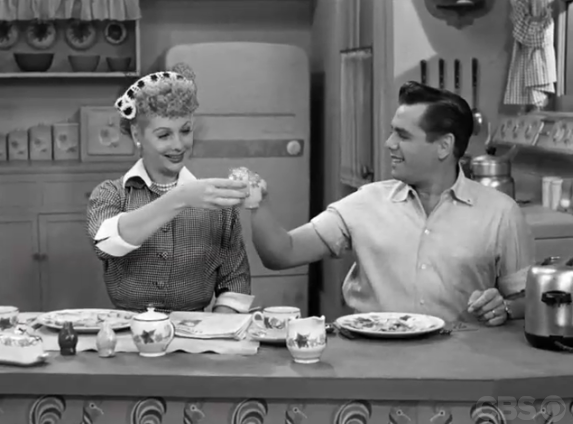Better Hearing and Speech Month 2018 is over. We've bypassed National Joke Day; Workaholics Day, and even World Emoji Day. There's a lot still that can make us happy, about our potential for bringing a better quality of life to people we serve as SLP's.
In spite of decreasing program budgets, increasing controls over reimbursement, productivity targets for clinical practice that threaten making persons served, widgets; the challenges to our clinical foundations, through disciplines fighting over who will serve; even, will persons having needs, be served? - there are innovations, breakthroughs and standards upon which practitioners can stride, and see the next bright vistas for the professions. There are so many interventions that can be celebrated: I can take one in hand.
I owe thanks for inspiration to Katie Schwartz (Alt Career Options), as well as to Gayle Van Tatenhove (Core Vocabulary Classroom Kit) , Julie Tracy (Urban Autism Solutions), Beth McCauley (Animal Assisted Therapy), Rachael Baethge (Speech/Language Skills at the Zoo), Matthew Crawford (Shop Class as Soulcraft; The World Outside Your Head) and Kelly Lambert (Natural Enriched Environments)....and all those not mentioned, who have helped grow the field with instrumental, non-traditional approaches to treatment.
By instrumental, I point to instrumental activity, or what is called 'handiwork'....instead of picking up a picture card, pick up a ball or a horse's reins. When you are bored with squeezing or pointing, substitute digging or watering. Have you done all the stimulus-response work in the clinic, you can abide? Get out into real life, and practice the skills where persons served will ultimately use them.
Why handiwork? The rich, abundant and emotive energy of everyday life is largely driven by instrumental action: we live through eating, painting, writing, driving, exercising, praying, and so many more actions that are mediated by communication. The writings and teaching of these innovators will remind us clinicians that communication:
* does not just happen in quiet spaces;
* often occurs when persons served are performing an action of daily living;
* requires the clinician to manage multiple, complex variables to help persons served to reach a functional outcome;
* provides outlets for persons served, to sustain and increase emotional health, in conjunction with cognitive communicative health;
* is how you do things;
Let's communicate where we live!




No comments:
Post a Comment